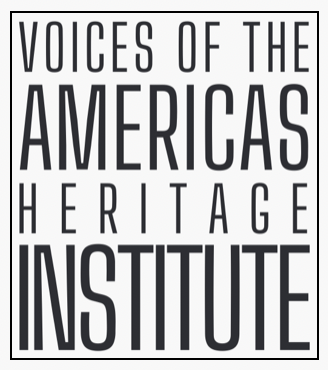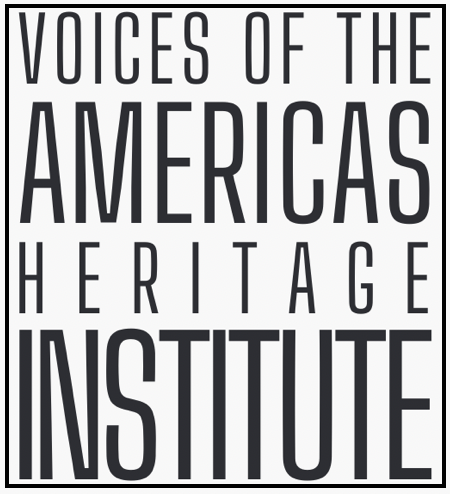
We are top trending news on the Washington Mail!
Published on The Washington Mail – Sept. 10th, 2023
Imagine waking up tomorrow morning and clicking your iPhone’s play button for your favorite wake-up song, “Mr. Tambourine Man” by Bob Dylan. Only it doesn’t play.
You hit it again. Nothing but silence.
You scramble through Apple Music’s catalog and discover the entire album “Bringing it All Back Home” is no longer listed. Neither is your favorite Dylan, “Blood on the Tracks.” In fact, all of his albums and artist page have vanished.
Mystified, you check Spotify, Pandora, and even Tidal. Besides the Pete Seeger, Odetta, Patty Smith, and Joan Baez—traditional “folk “singers—all their music has been erased as if they never existed. The voices of an entire generation and your memories—the music you grew up with, that accompanied you at the beach with friends, the family barbecue, and spoke so loudly it helped to launch a civil rights revolution—are no longer a part of your life.
Just as endangered species face extinction from habitat loss and climate change, traditional music and its voices are dying. Growing up in a world dominated by synth music and streaming platforms, we find ourselves disconnected from our musical heritage. The soulful tunes of ancient music, our rhythmic roots, are also fading into obscurity, but so many of us are not aware of it.
While my dystopian Dylan scenario was designed to get your attention and is fictional, traditional voices native to cultures throughout the Americas are, in fact, disappearing from our collective memories.
Migration, a local lack of support for preserving and promoting traditional music, and centralization of the music industry in northern countries of the world have all contributed to its endangerment.
The impact of losing songs, rhythms, stories, and forms of ancient music is difficult to understand or quantify. If Dylan is not your favorite jam, imagine it’s other great voices that reflected the soul and history of America: Aretha Franklin, Woody Guthrie, or your grandfather’s favorite, Louis Armstrong?
For me, every Fourth of July celebration was accompanied by an American traditional anthem, John Philip Sousa’s “Stars and Stripes Forever.” I can’t imagine an Independence or Memorial Day without fireworks exploding across the night sky accompanied by that marching tune.
Professional singer and international voice coach Gianluca Perdicaro warns we are losing a critical part of our humanity, the very threads of what makes us human.
“If we lose these historical, harmonious native voices,” says Perdicaro, “we lose those very first threads of melodies and histories woven into the giant, diverse tapestry of music that we listen to today.”
Perdicaro, a cultural entrepreneur, member of the International Council for Traditions of Music and Dance, member of Harvard Business Review Advisory Council, and lecturer at several universities, is so alarmed he has founded the Voices of the Americas Heritage Institute, the first and only U.S. organization dedicated to specifically preserving and promoting the rich heritage of traditional singing throughout the Americas.
In a recent interview, Perdicaro discussed the tremendous influence traditional voices and “folk” music hold to bring people together in a way that goes beyond our differences. These historical melodies, rooted deep within the cultural fabric of diverse societies, have a unique power to make connections between people of different backgrounds. They connect us to other cultures, enrich our understanding of humanity’s collective heritage, and inspire emotions that transcend language barriers.
“By leveraging new technologies my hope is the Institute will bridge generations of artists and communities across borders, to ensure that the voices of the past continue to resonate through the voices of the future,” Perdicaro said.
Traditional music is a broad term that refers to music developed natively by small groups or musicians that become a part of their culture’s heritage. Samba, as one example, is considered Brazil’s “national rhythm,” and has a long history with roots as far back as the late 1800s. Since the 1930s, Samba has become a part of the racial and cultural stew of the country’s national tradition.
Traditional voices have a remarkable ability to transcend borders and forge connections between people of different backgrounds. Whether it’s the rhythmic beats of a tribal drum, the soul-stirring ballads of the Appalachian Mountains, or the joyous mariachi melodies of Mexico, these musical traditions have the power to speak to the human soul.
The United States has long recognized music as a valuable tool in diplomacy, which involves using cultural, educational, and ideological influence to shape perceptions and win hearts and minds. Jazz was used as a soft power during the Cold War when the government promoted it as a symbol of American creativity and freedom. Jazz artists, such as Louis Armstrong and Duke Ellington, were sent on international tours to showcase American culture and counter Soviet propaganda.
In a world that remains filled with increasing contention, Perdicaro believes music and song are not a soft power but superpowers armed with an ability to bridge cultural divides, play a pivotal role in preserving cultural identities, and save precious musical treasures from imminent danger of being lost forever.
The relevance of this mission is well expressed by a Tiwi Island woman Lenie Tipiloulra, “If all the old songs are lost, then we don’t remember who we are.”

